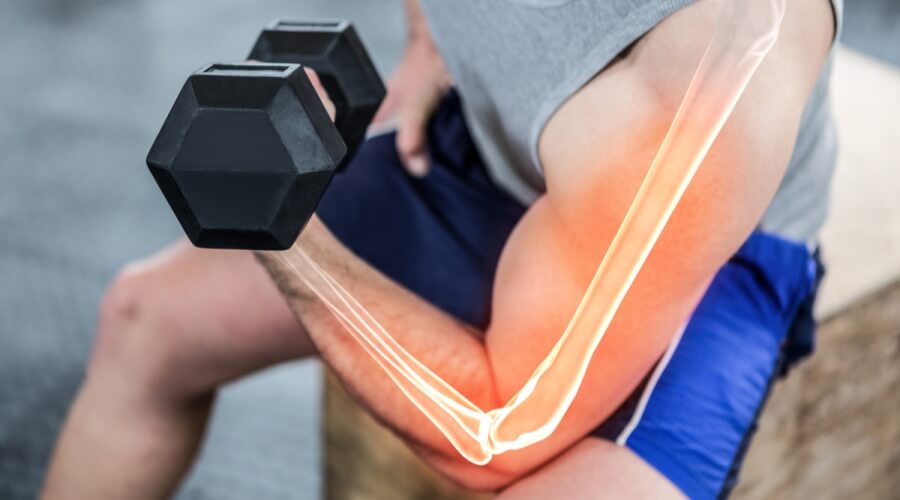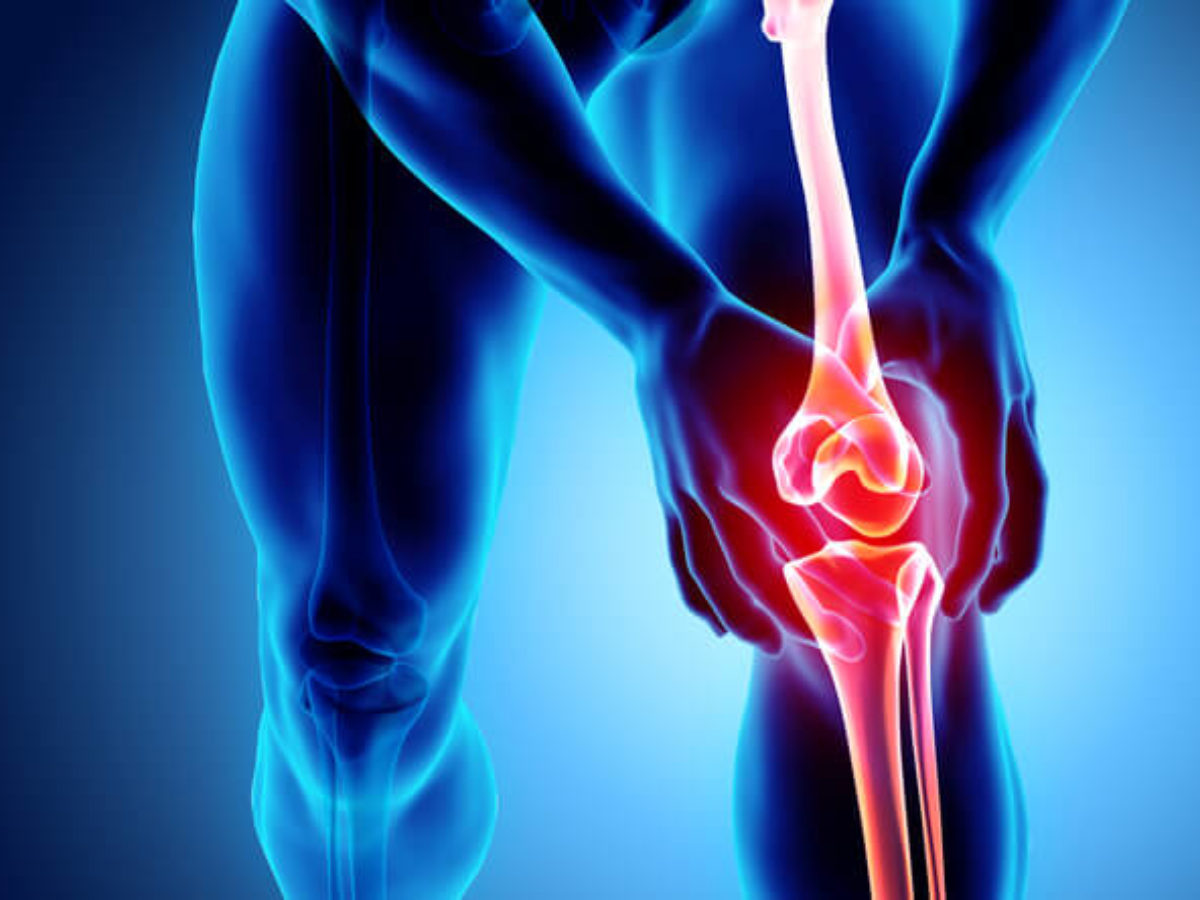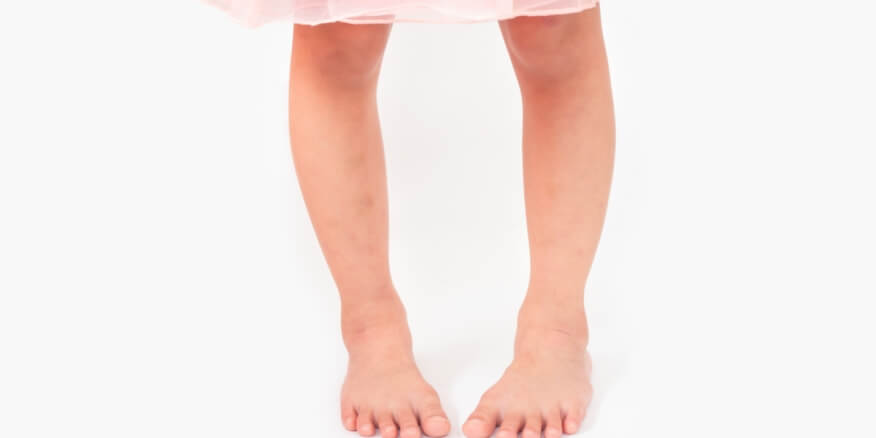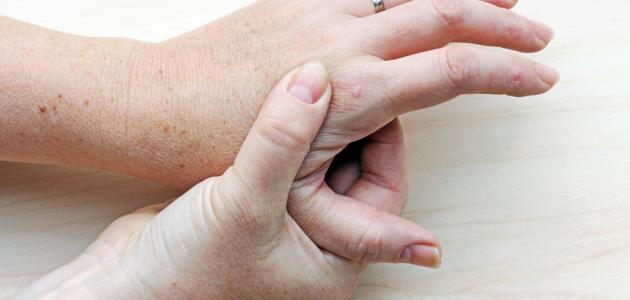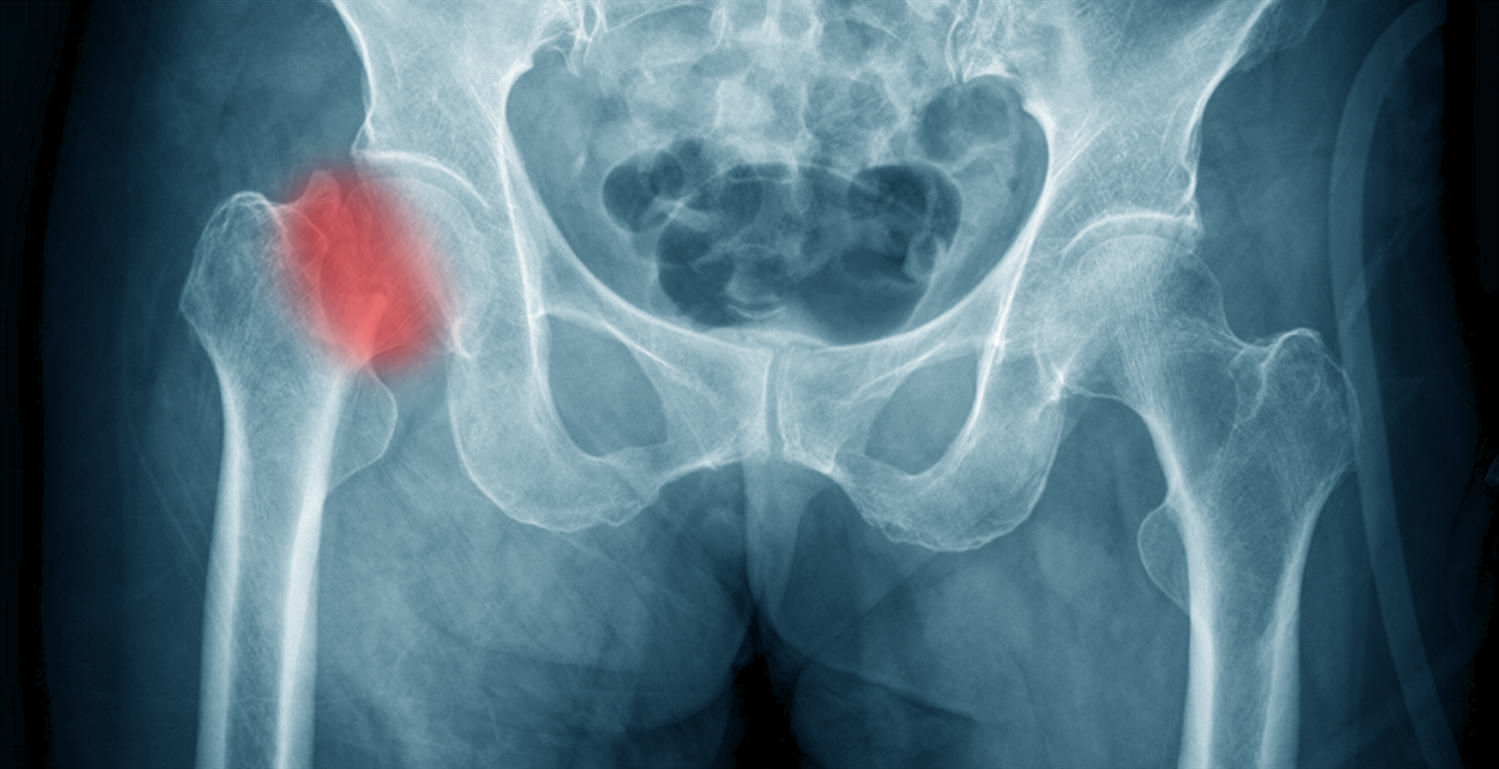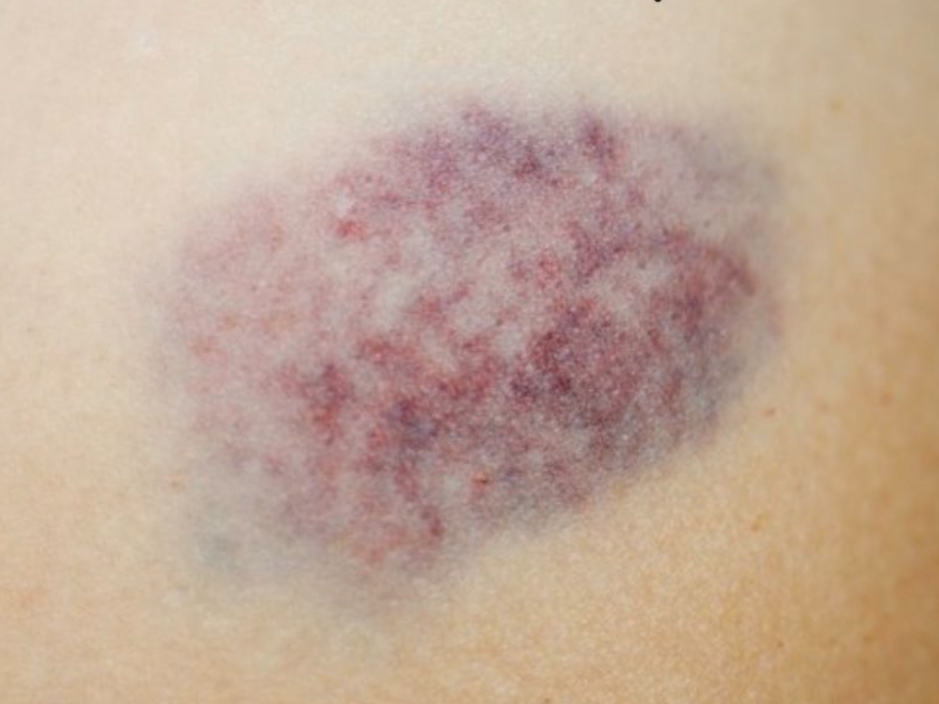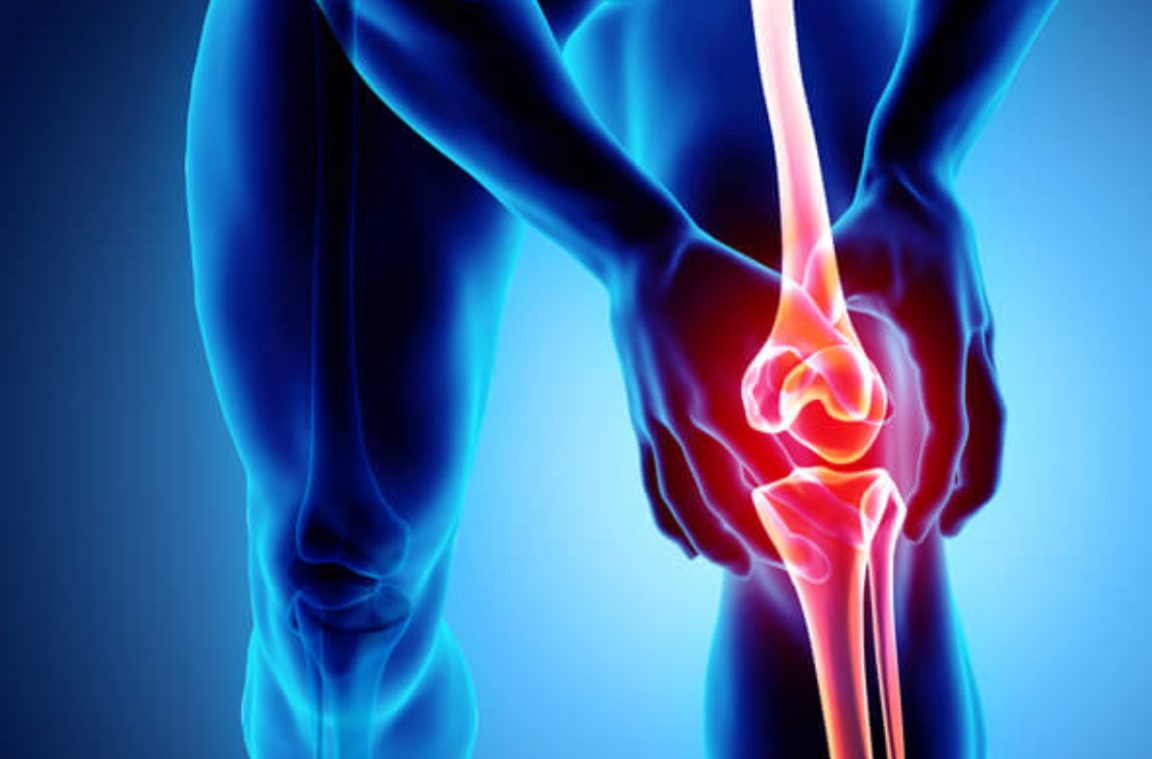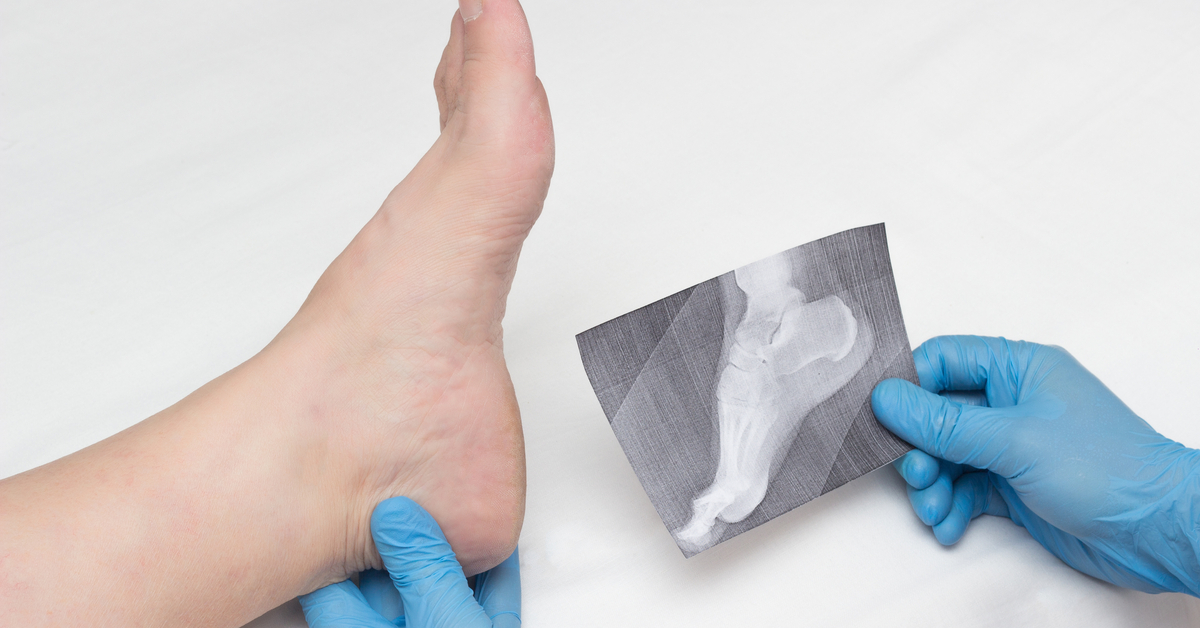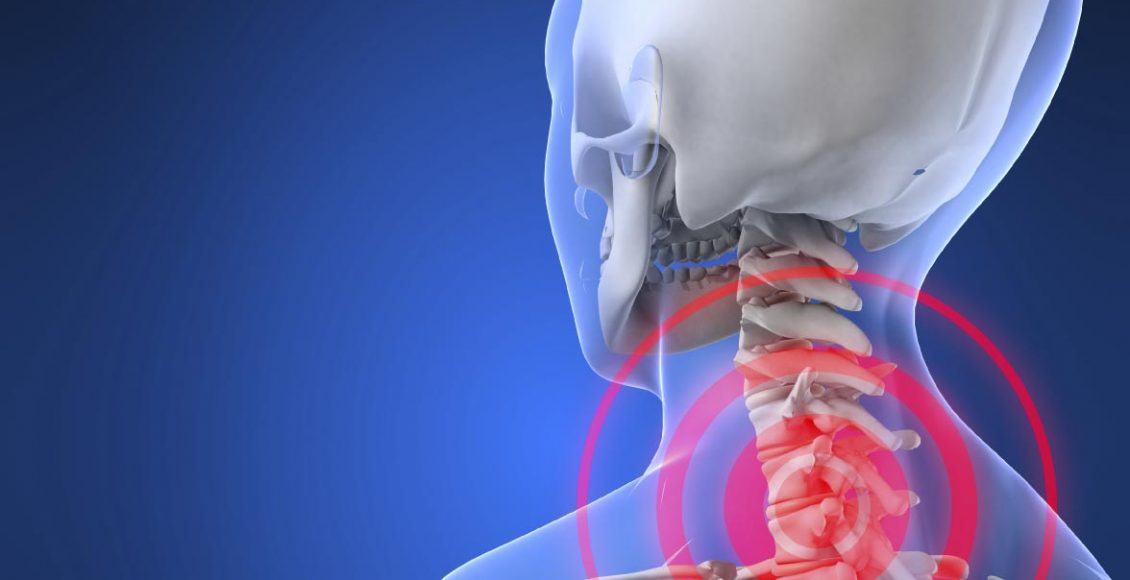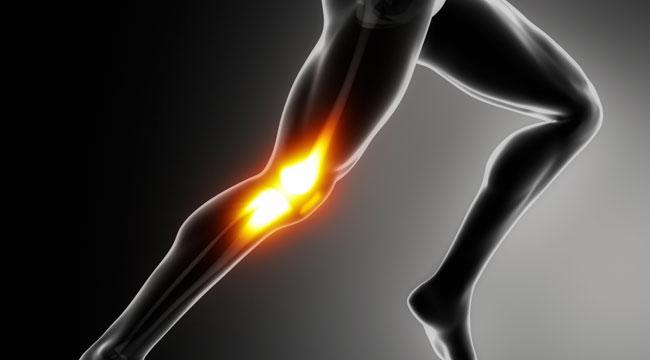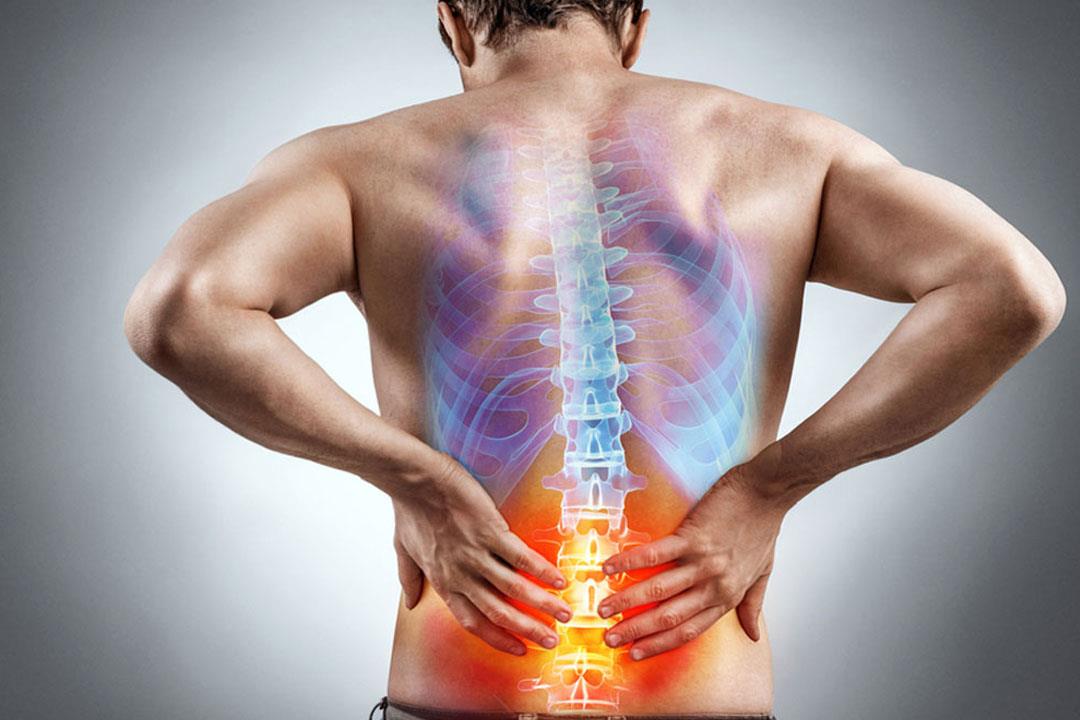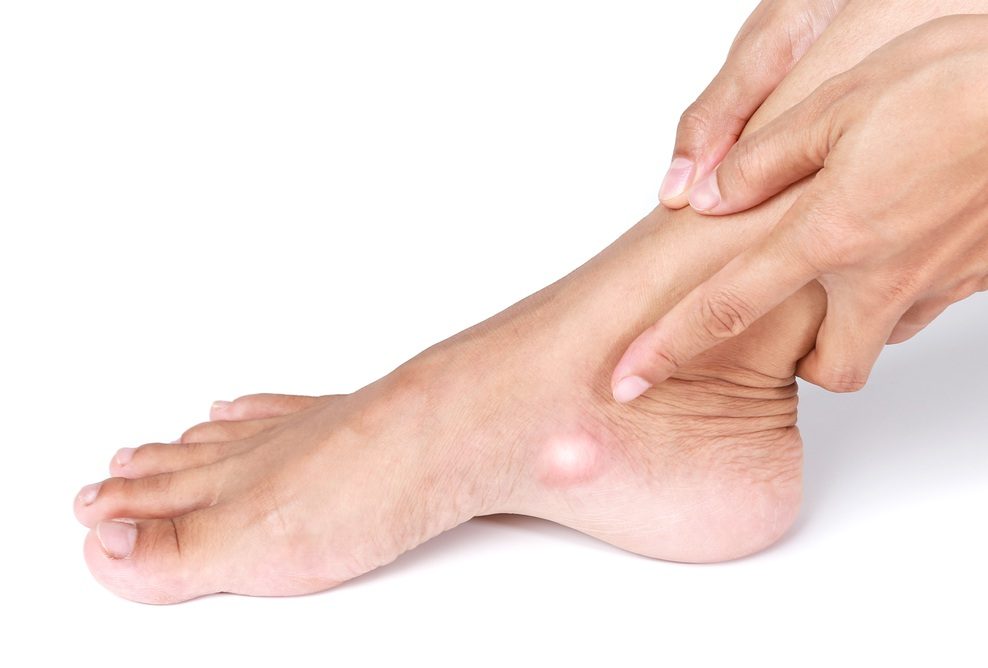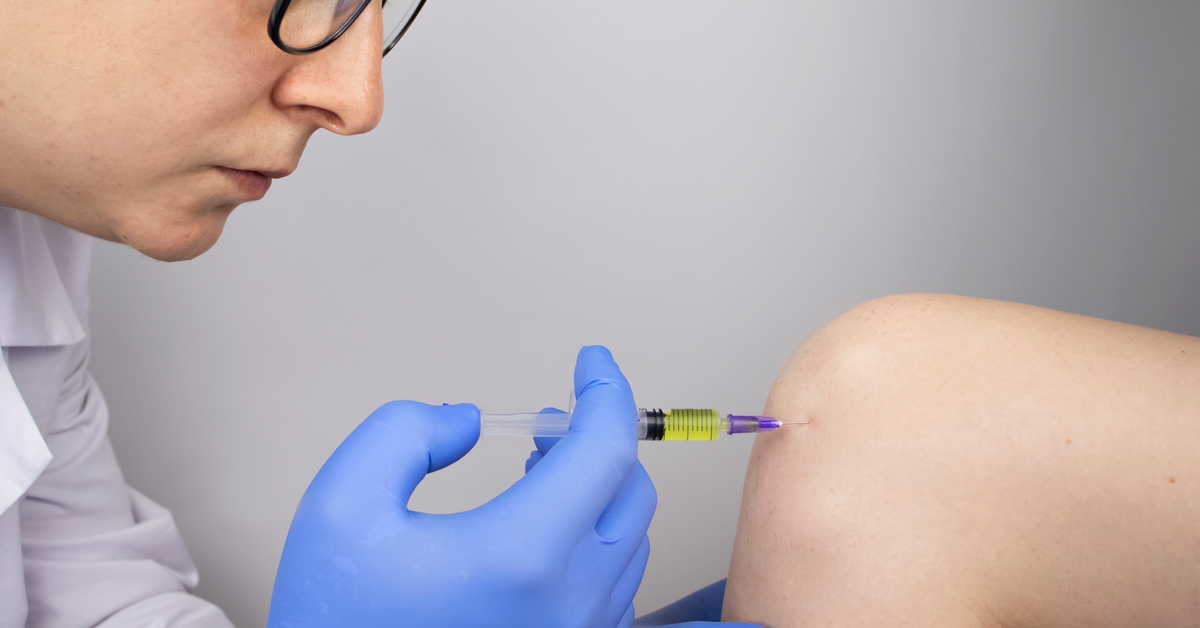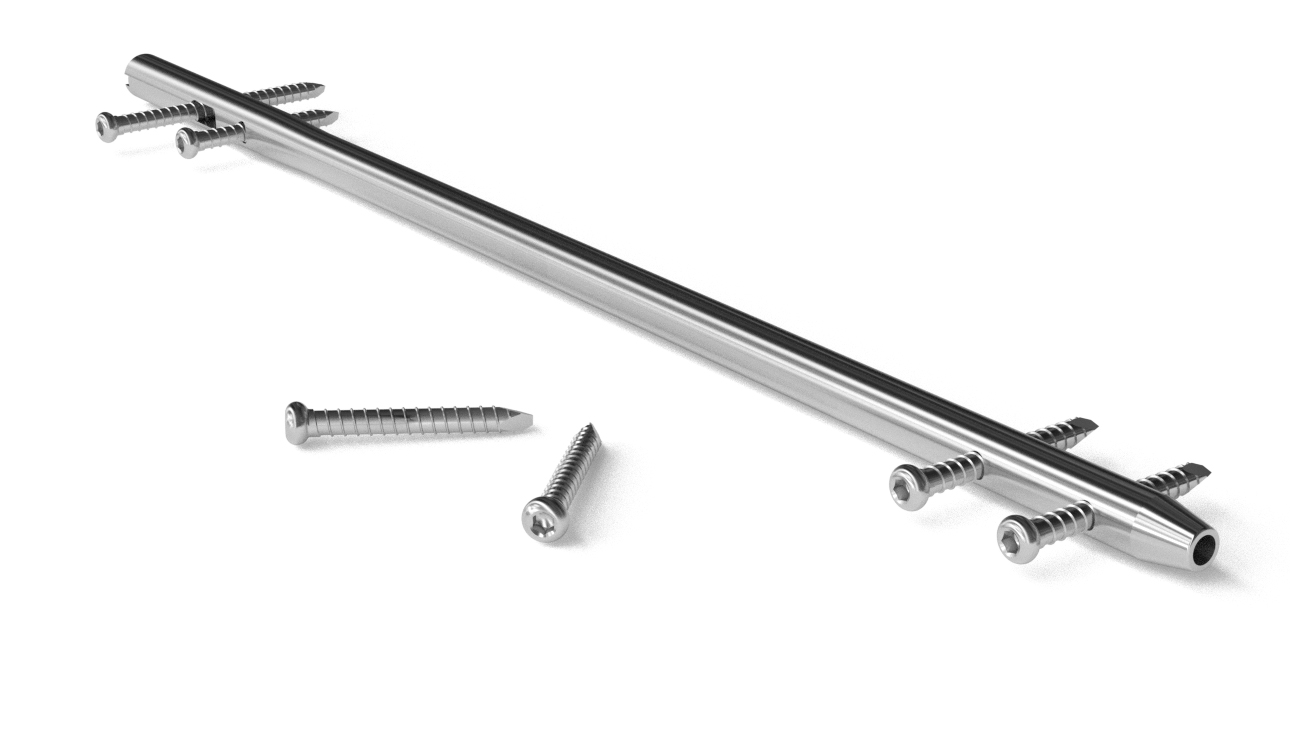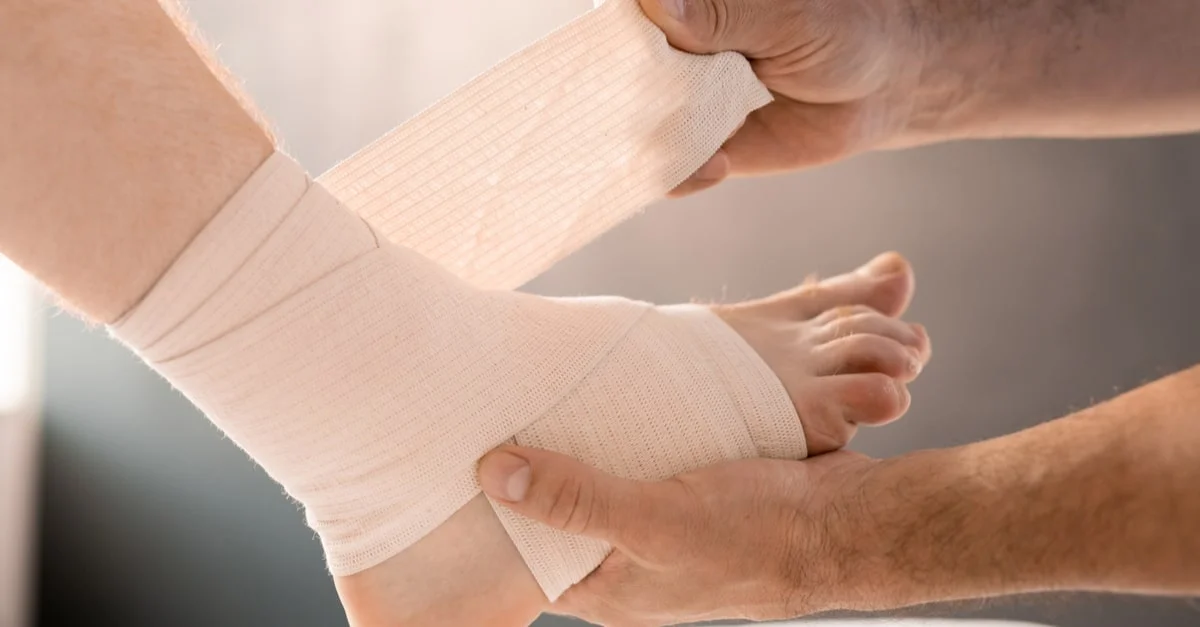What Does a Tingling in the Left Side of the Rib Cage Mean?
The tingling in the left side of the rib cage may be a sign of issues that require immediate medical intervention so that this does not result in any serious complications later on in life.

Tingling in the Left Side of the Rib Cage
The feeling of tingling in the left side of the rib cage, i.e. the side of the heart, has many causes, such as:
Digestive Problems
Some digestive system problems may cause a feeling of tingling in the left side of the rib cage, and for example, reflux in the esophagus, which intensifies after eating, exercising, or lying down, and esophageal reflux is accompanied by some other symptoms, including:
- A feeling of discomfort in the stomach.
- Feeling of a blockage in the chest.
- Having a bitter taste in the throat or the back of the mouth.
- Feeling the need to burp.
Angina Pectoris
The tingling that the individual feels in the left side of the chest jump may be a sign of suffering from angina pectoris, which is defined as heaviness, pressure, and pain in the chest area, and this injury most often occurs when there is a blockage in the movement of blood circulation to the heart, and the symptoms of angina pectoris can be:
- Feeling tingling and pain in the heart.
- Feeling of dizziness.
- Pain elsewhere in the upper body.
Pulmonary Embolism
Pulmonary embolism is one of the causes of tingling near the heart, and it is accompanied by some other symptoms, such as:
- Suffering from shortness of breath.
- Having pale skin.
- Having a fast heartbeat.
- Coughing.
Problems with the Musculoskeletal System
This happens when you do excessive exercise and carry a lot of heavyweights, and in that case, the individual can get inflammation of the costal cartilage, which is the cartilage that works to connect one of the ribs in the rib cage with the sternum.
Aortic Dissection
This artery is the main one that delivers blood directly to the heart, and this artery may rupture, causing many symptoms, such as:
- Feeling a severe and sharp pain in the chest and back area.
- Suffering from shortness of breath.
- Feeling dizzy and fainting.
- Having a weak pulse.
Precordial Catch Syndrome
It is considered a health condition that affects the individual and does not pose any danger. It affects both children and young adults, and to a greater extent than those who are younger, and this is accompanied by some other symptoms such as:
- Chest pain is felt from 30 seconds to 3 minutes.
- The pain gets worse when breathing.
- Symptoms disappear without leaving a trace.
- It affects the individual when he is in a state of extreme tension and disappears when he is relaxed.
Getting Pain in the Rib Cage when Bending Over
Suffering from pain in the rib cage when bending may be a result of suffering from heartburn. That pain is represented in a burning feeling behind the breastbone, throat, or neck. It increases in intensity in the evening periods, especially when bending, and this also occurs with acid reflux, which is known as gastric reflux Intestinal, a condition in which the stomach contents go in the wrong way, instead of going down to the stomach, it may go down the esophageal tube, and among the reasons for feeling heartburn:
- This could be a side effect of some medicines.
- Eat specific types of foods.
- Drinking alcohol.
- Having a possible pregnancy.
- Structural changes in an individual’s body, such as a Hiatal Hernia.
Protrusion of the Rib Cage Bones
The protrusion of the bones of the rib cage is a condition called Deformity of the Rib Cage, Chest Carinae, and Pigeon Chest. 12 years old, when it is clear that there is a protrusion, even if it is in a small percentage, and if the injury is severe, it is discovered before the child reaches his third year.
Reasons for the Protrusion of the Bones of the Right Rib Cage
Among the reasons that result in the protrusion of the bones of the right rib cage:
- The presence of hereditary genes in the family could transmit this disease continuously.
- That there is a chemical imbalance in the cartilage tissue cells in the body.
- Marfan syndrome.
- Create the imperfect bone.
- Ehlers-Danlos Syndrome.
- Coffin-Lowry Syndrome.
- Morquio’s syndrome.
- Metabolic disorders such as homocystinuria.
- Noonan syndrome.
- The child was exposed while in the womb to abnormal conditions such as the mother suffering from depression, stress, or fever.
Tingling in the Rib Cage
The tingling that afflicts the individual in the rib cage may indicate angina pectoris, as this tingling starts initially in the chest area and extends to the neck, back, and arms, which is most likely a result of insufficient oxygen reaching the heart.



